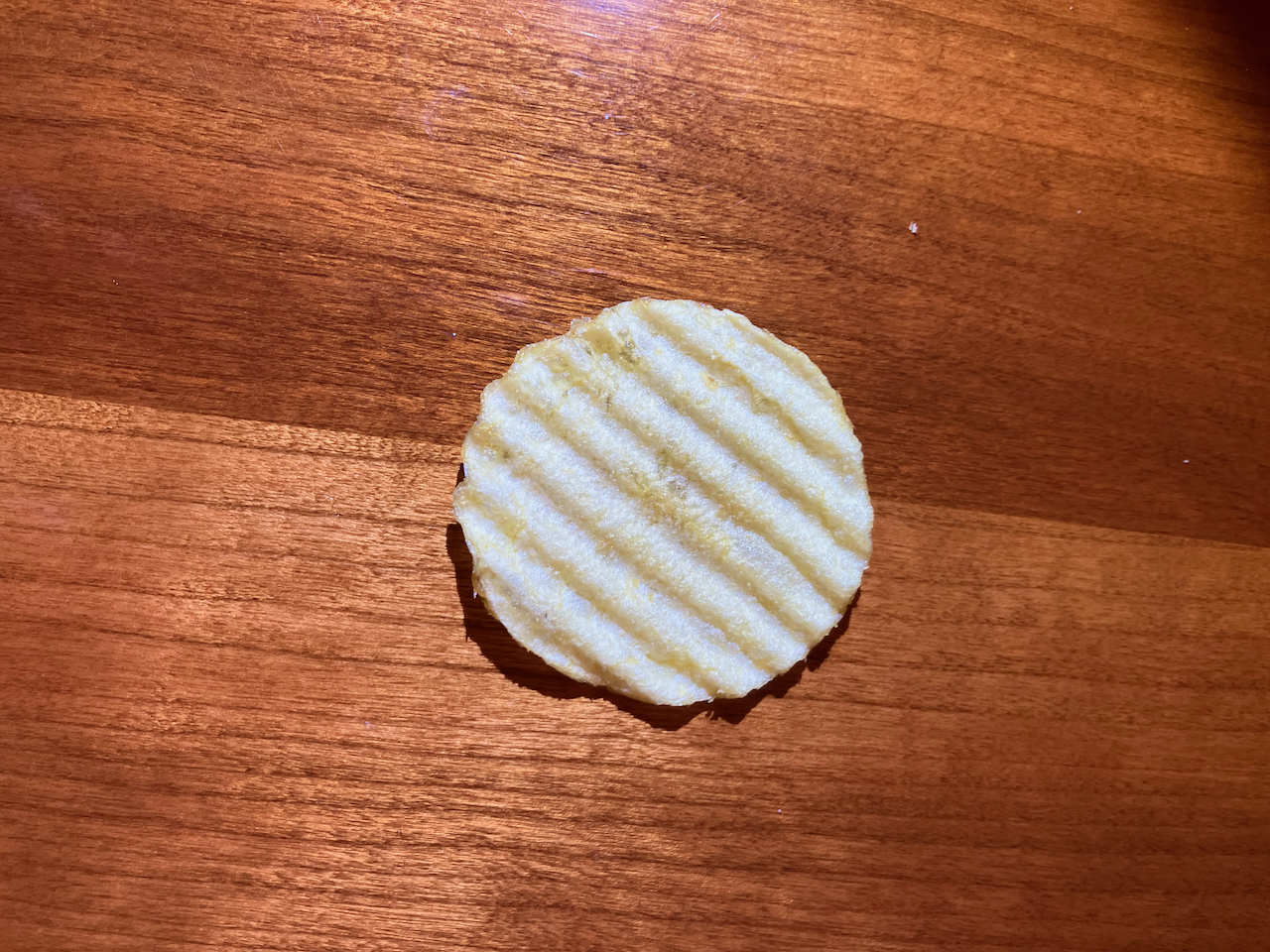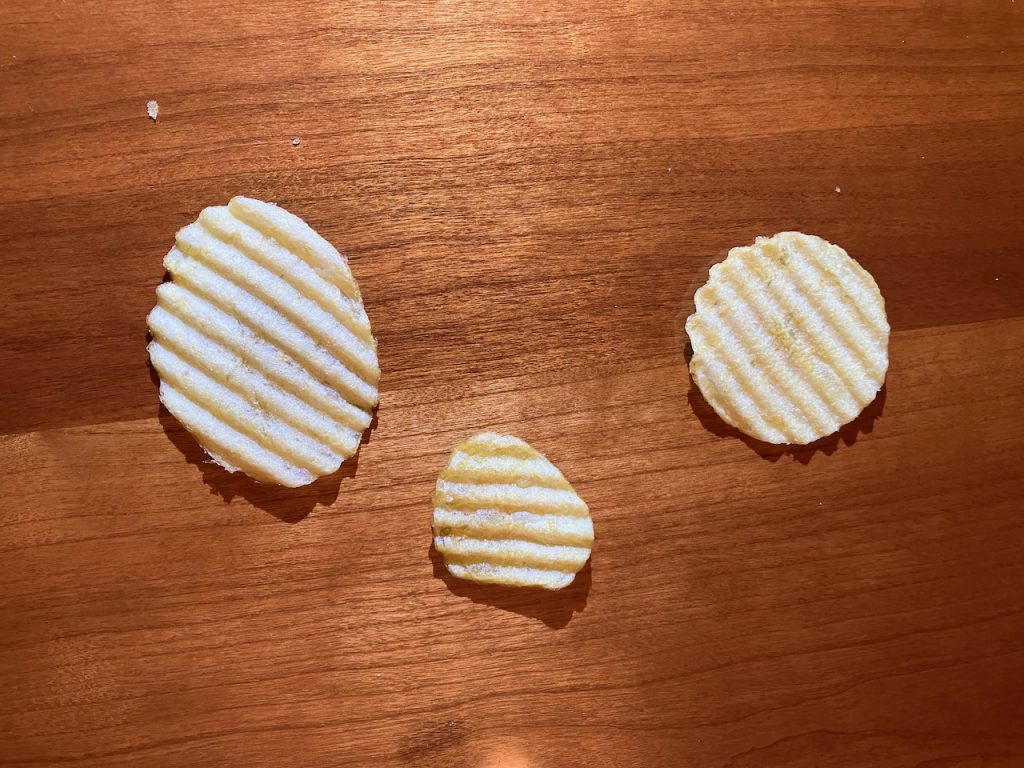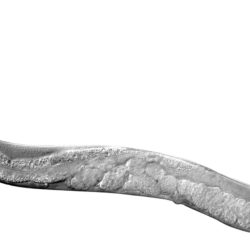It was the Spring of 1994, and the National Hockey League playoffs were heading for a dramatic finish. The Eastern Conference semi-final featured the New York Rangers and the New Jersey Devils. The Devils were ahead three games to two in the seven-game series, and appeared to be destined for victory. The next game was in the Devils’ home arena, in front of a sold-out crowd of their rabid supporters.
The captain of the Rangers was the power forward Mark Messier, a threat to score or level an opponent whenever he was on the ice. A day before the critical sixth game, Messier calmly promised New York that the Rangers would win it. He gained the tough love of New Yorkers when the Rangers did win that game, in which Messier scored 3 of the Rangers’ 4 goals. Then they won the seventh and deciding game. Then they won the final series, also in seven games, against the western champion Vancouver Canucks. It was the Rangers’ first Stanley Cup in 54 years, and Mark Messier deserved much of the credit.
In 1997, the renowned Messier was the star of another series, a series of commercials in which either he was offered Lay’s potato chips by a small, star-struck lad, or himself offered chips to someone else. The tag line in every case was, “Bet you can’t eat just one!” That turns out to be one of the messages of a research paper published in 2019, one that makes an enormous contribution to the puzzle of the first-world epidemic of obesity (1). That 2019 paper, which appeared in the prestigious journal Cell Metabolism, shows that when it comes to ultra-processed food, we can’t stop ourselves from eating too much of it. “Can’t eat just one” in the potato chip ad reflects how hard it is to limit our consumption of ultra-processed foods such as potato chips.
The structure of the study
In modern dietary research, foods are grouped into 4 categories. Food Group 1 is ‘unprocessed or minimally processed food,’ things like vegetables, meat, fruit, and pasta. At the other extreme, the fourth group is ‘ultra-processed foods,’ defined as ‘formulations of ingredients, mostly made by a series of industrial processes, many requiring sophisticated equipment and technology.’ Also known as junk food. According to a recent survey, people in the United Kingdom get 56% of their calories from ultra-processed foods; for adolescents, that number is more like 68%.
The question asked in the 2019 paper on the effect of ultra-processed food on our health was: what happens if a person eats a diet of ‘ultra-processed foods’, compared to a diet of unprocessed foods? That’s harder to answer than you might think. Many issues arise. But in the end, the study clearly sent the messages that ultra-processed food, of and by itself, will cause you to take in calories in excess of your needs. And, the extra calories will be added directly to your body fat, in almost exactly the amount expected for the ‘calories in equal calories out’ meme.
It’s hard to study the effects of diet in people. Humans are complicated, and difficulty to study. Most such studies rely on one of two approaches, both of which are weak: correlation, and recall. Correlations look at two apparently linked variables for parallel behavior. The very first post on this website described one such parallel, between the production of cheese and lung cancer deaths in women in the United States between 1975 and 1995.
The two go hand in hand. Does cheese production cause cancer? That correlation is soon seen to be meaningless; from 2000 to 2014, the two variables diverge drastically: cheese production went up, lung cancer deaths in women went down (women stopped smoking). Correlations are everywhere, and are reported in the mainstream media on an almost daily basis. They may point to an intriguing question for study, but alone, they provide only feeble evidence for cause and effect.
Dietary studies based on subjects’ recall can be unreliable for a number of reasons. Those extra Lay’s potato chips or beers sometimes slip from memory. Another problem with diet studies in general is that people usually eat a mixture of variously processed foods, making it difficult to untangle the contributions of each type.
The best way to study diet is to put people into a place they can’t leave, and to control and monitor everything. Treat them like guinea pigs. That’s a little stringent, and not many of us would like to live like that. Nevertheless, the authors (Kevin D. Hall, of the National Institutes of Health in Bethesda, Md., was the first of 25 authors) convinced 20 people (10 male, 10 female) to give up their freedom for 28 days for the study.
The study subjects stayed in a metabolic ward at the NIH Clinical Center for 28 days. They were initially randomly divided into two groups. Each group was first given one of two carefully designed diets (‘ultra-processed’, or ‘unprocessed’) for two weeks, and monitored. Then they were switched, to be sure there wasn’t something anomalous in the groups.
Surprisingly, this appears to be the first study that addresses the question posed here in a rigorous, scientific, way. The first part of the title of their publication captures the most important conclusion: ‘Ultra-processed Diets Cause Excess Calorie Intake and Weight Gain’.
What was in the diets?
There were 7 daily diets for each group, which were repeated once over 14 days. The ultra-processed, and the unprocessed, diets contained the same essential vitamins and minerals, ‘energy density’ (calories per gram), and calories presented at each meal. Each meal, of both types, consisted of an appetizing mix of foods that provided the recommended dietary ratios of protein, carbohydrate and fat.
The meals of the ultra-processed diet contained items such as pancakes (Eggo), canned Beef Ravioli (Chef Boyardee), Deli turkey (Jenni-O), cheese quesadilla (Pasado tortilla), peaches canned in heavy syrup (Giant), and, yes, Lay’s potato chips. The unprocessed diet contained foods like real scrambled egg, spinach salad with chicken breast, steamed broccoli, and basmati rice. Snacks reflected the same kinds of differences (fresh fruit vs Lay’s chips, raw almonds vs Goldfish crackers . . . ). The diets are described in detail here.
Both types of diets were presented to the subjects in larger amounts than anyone would eat, and subjects were given an hour to eat as much as they wanted. Snacks were available ad lib. All subjects also undertook mandatory exercise routines, to more accurately reflect real life.
The amounts eaten and weight change were primary measures in the study. Feelings of satisfaction after meals were assessed by standard psychological tests; they were about the same for both diets. Measurements of the insulin and glucose tolerance responses determined how bodies handled a carbohydrate load – also similar for the two groups. A doubly-labeled water technique, and respirometry, were used to measure energy consumption. Body fat content was measured by dual-energy X-ray absorptiometry.
The rates of consumption, calories taken in per minute, though, were different; the junk food went down the hatch faster than the unprocessed meals, which is something other studies had noted: eating faster is correlated with higher calorie consumption.
What was the result?
The important conclusions were, first, that the people on the ultra-processed diets ate about 500 more kcal per day than those on the unprocessed diet, just by eating what they felt like, in both cases. (I use the kcal for the energy content of the diets. One kcal is equal to 1000 calories, and is often represented as ‘Calorie’, calorie with a capital C. The term Calorie has no scientific basis. The typical daily adult diet contains about 2,500 kcal.) Secondly, by two weeks, the people eating the ultra-processed diet had an average of about 800 grams more fat in their bodies than those eating the unprocessed diet. As it happens, 800 grams of fat contains about 7200 kcal, and, by two weeks, the people on the ultra-processed diet took in 7000 extra kcal (14×500). Almost exactly the energy content of 800 grams of fat. In other words, the extra calories went straight to fat, as the science of metabolism would predict.
Many reports arguing that calories in do not equal calories out talk about how carbohydrates cause an insulin bounce, which results in fat synthesis. This is true but irrelevant; all of the calories still have to go somewhere. The human machine obeys the laws of thermodynamics.
Although the ultra-processed diet led to greater consumption of food and fat deposition, the weight gain would eventually level off if the ultra-processed diet were continued for a long time. As the body becomes larger, it requires more energy. In this case, the males, for example, would have continued to gain weight for around two years at the rate seen during the study, going from the initial average of 171 pounds (87 kg) to 243 pounds (110 kg). It takes a while to build an obese body (and also to slim it down).
How good is this study?
Given the complexity of human diet and behavior, it’s not surprising that there are some shortcomings in this study. For one thing, only 20 people were involved. They represented a limited demographic, ranging close to the average age of 31. (I expect they were all White.) It’s hard to get anyone to go through such an experience (locked into a Metabolic Ward for 4 weeks), so the limited number of participants is understandable. The study lasted only 28 (actually, two sessions of 14) days. We’d like to know what happens over the long haul, but that’s going to be hard for the same reason. And of course, the study needs to be repeated, or even better, to be bolstered by companion studies that point in the same direction with other approaches.
Another kind of limitation is that the subjects obviously knew which arm of the study they were in: Lay’s potato chips are a dead giveaway. But if that leads to bias, I would expect it to be in the opposite direction of the conclusions drawn: people who realized they were eating the highly processed diet would be more likely to limit their intake, rather than increase it.
Real life and diet
Analyses of the causes of obesity often list a number of potential reasons for it, including a lack of exercise, tension, and depression, among others. Of course, there are links between these factors and eating (the depressive person thinks, perhaps subconsciously, ‘Will potato chips make me feel better?’) But this doesn’t negate the conclusion reached here.
In addition to being mainly a problem of the rich first world, the obesogenic diet is particularly a problem for poor people living in that world, especially those with little free time. It’s expensive to eat well, and it takes more time and effort to prepare a meal with real food than to open a can of Chef Boyardee. In the study of Hall et al., the ‘real food’ diets cost 50% more than the junk food diets. That’s a problem that will require social engineering to solve.
The main stream media are awash in articles that downplay calorie restriction as a path to weight reduction. One common message is, ‘It’s the quality of diet, not the quantity.’ Of course, quality matters; that’s what this study shows. If you’re lucky, you are able to get unprocessed food and eat healthily. Food on your plate that you recognize. Food that has not come out of a factory. And your body, in its wisdom, will take care of the rest.
Go to Latest Posts
Reference
- Hall, K. D., Ayuketah, A., Brychta, R., et al. ‘Ultra-Processed Diets Cause Excess Calorie Intake and Weight Gain: An Inpatient Randomized Controlled Trial of Ad Libitum Food Intake’, Cell Metabolism, 30: 67 (2019).






